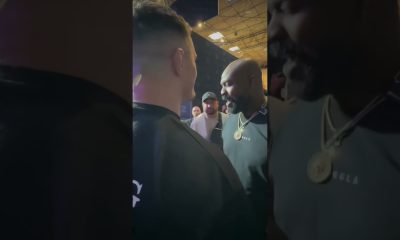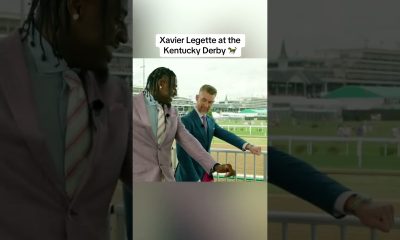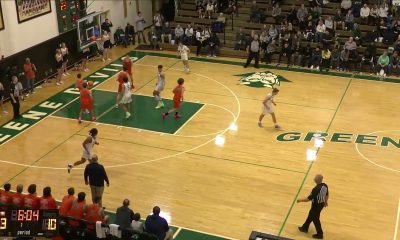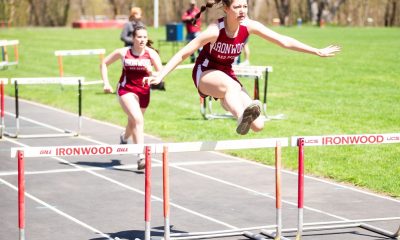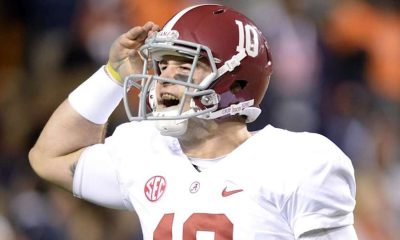
Key Points:
-
Lawsuit against transgender sports ban in court
-
Both sides are contesting the testimony of rival experts
-
Determination will either reject or maintain ban
Disputes over the legitimacy of expert testimony are taking center stage in the legal challenge to the state ban on transgender girls participation in girls’ sports.
The case focuses on two unnamed transgender girls’ ability to play on their respective school sports teams.
However, it extends beyond the plaintiffs to incorporate a broader argument over whether there truly is a difference between the sexes in athletic performance — especially when taking gender affirming care into account — and whether those differences pose a danger to fellow athletes or create an uneven playing field.
Expert testimony plays a crucial role in any civil case, but the current dispute will determine whether the state can establish a vested government interest in categorically excluding transgender girls from school sports based on alleged threats to fairness and safety.
And those defending the law — State Superintendent of Public Instruction Tom Horne and some legislative leaders — have lost on the issue before.
Judge Jennifer Zipps previously granted a preliminary injunction on the law allowing the two girls to continue playing on girls’ teams, and she did so with experts and evidence at the forefront.
In her ruling, Zipps found the defendants failed to advance any “persuasive” or salient evidence finding that transgender girls retained any athletic advantage over their peers pre-puberty.
As the case queues up again in federal court for a final disposition, so do disputes over whether expert testimony is admissible, and, in the end, determinative.
Expert witnesses on both sides plan to address the developmental differences, or lack thereof, between the sexes, and the subsequent impacts on athletic performance and fairness in competition.
The plaintiffs also offer insight into the psychological impacts on transgender children who are excluded from competing.
The plaintiffs are offering three experts:
- Dr. Daniel Shumer, a pediatric endocrinologist, the clinical director of Child and Adolescent Gender Services and the medical director of the Comprehensive Gender Services Program at Michigan Medicine.
- William Shannon, a biostatician, co-founder and owner of BioRankings, a company providing data analyses and consulting to researchers.
- Stephanie Budge, a professor and director of clinical training in the Department of Counseling and Psychology at the University of Wisconsin-Madison, with a research focus on transgender, non-binary and gender diverse populations.
Defendants Horne, Senate President Warren Petersen and House Speaker Steve Montenegro submitted four experts:
- Dr. Chad Carlson, sports medicine doctor at Stadia Sports Medicine.
- Linda Blade, an athletic coach with a P.h.D. in kinesiology and author of a book titled “Unsporting: How Trans Activism and Science Denial are Destroying Sport.”
- Emma Hilton, a developmental biologist at the University of Manchester.
- Gregory Brown, a professor of exercise science at University of Nebraska Kearney.
To be deemed an expert in the eyes of the court, the Federal Rule of Evidence requires attorneys to demonstrate that an expert’s testimony is based on sufficient facts or data, the product of reliable principles and methods and reflects a reliable application to the facts of the case. And case law generally charges the courts with excluding irrelevant, unreliable or unnecessary testimony.
Petersen and Montenegro already lost a bid to exclude Shumer over alleged plagiarism after finding an overlap between his report and declarations submitted in similar court cases.
Zipps denied the motion after finding the allegations did not rise to the level necessary for exclusion, deeming Shumer fit to offer reliable opinions in the case, although she acknowledged he should have included citations.
With one challenge down, attorneys for the plaintiffs are now looking to exclude all four expert witnesses presented by Petersen, Montenegro and Horne.
Plaintiffs argue none of the experts have any experience with transgender individuals, no research specific to transgender individuals and have no tether to the two plaintiffs in the case. They also take aim at “personal opinion” and “activism” coloring testimony, noting Blade and Hilton’s frequent activity advocating against transgender women and girls in sports on social media.
“Our position is that being transgender is not a proxy for athletic performance or advantage, and there’s nothing about being transgender that tells you that. Just knowing that someone is transgender tells you nothing about their athletic ability,” Rachel Berg, attorney for the plaintiffs, said.
“There’s absolutely no evidence that they’ve submitted to demonstrate that the plaintiffs in our case have an unfair athletic advantage or pose any safety risk to other girls.”
Caitlin Fitz-Maurice, attorney for Horne, said in a written statement, “Contrary to Plaintiffs’ motion, Defendants’ experts are qualified and their testimony will be incredibly invaluable to the fact finder’s analysis as to how the Save Women’s Sports Act ensures safety and fairness for women in sports.”
The case now heads toward the final stages, with both parties having submitted their motions for summary judgment with bids to either uphold the ban or permanently enjoin it.
The 9th Circuit upheld the earlier preliminary injunction entered by Zipps and is now pending certiorari in the U.S. Supreme Court.
0

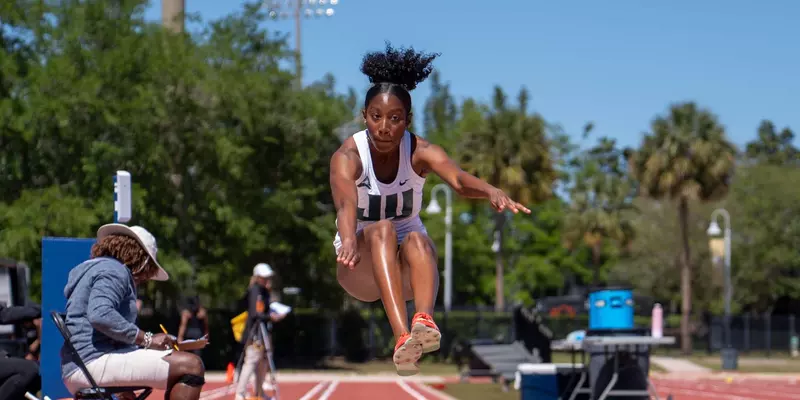







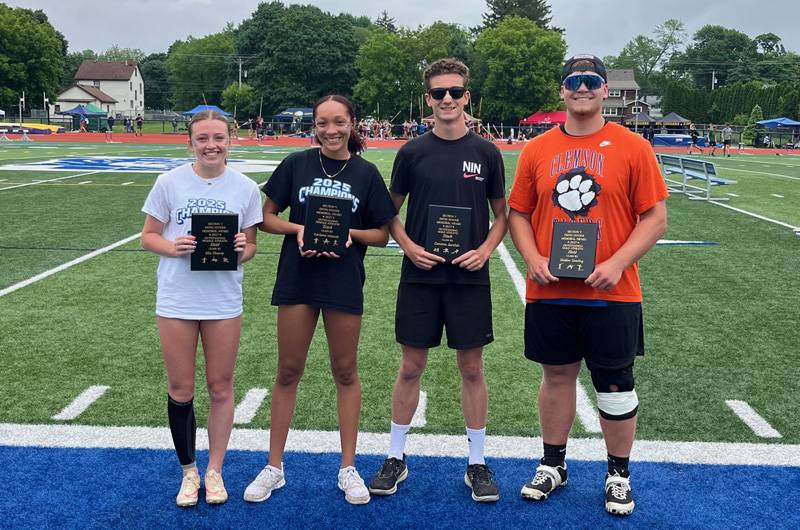
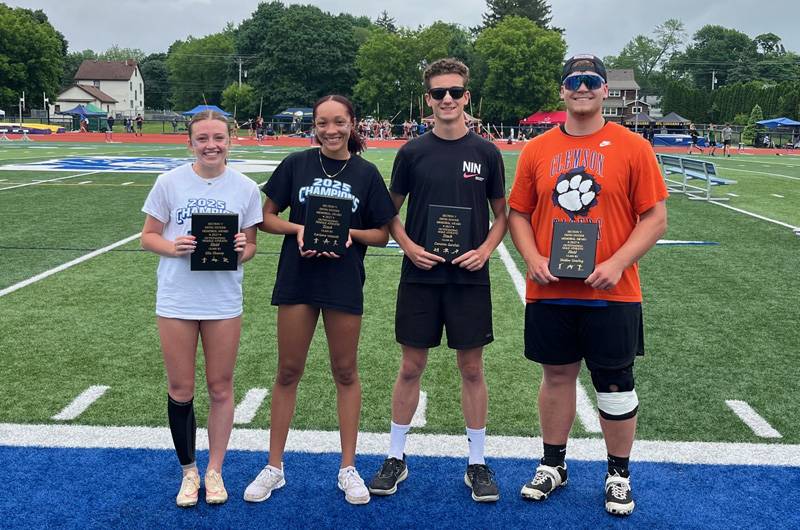








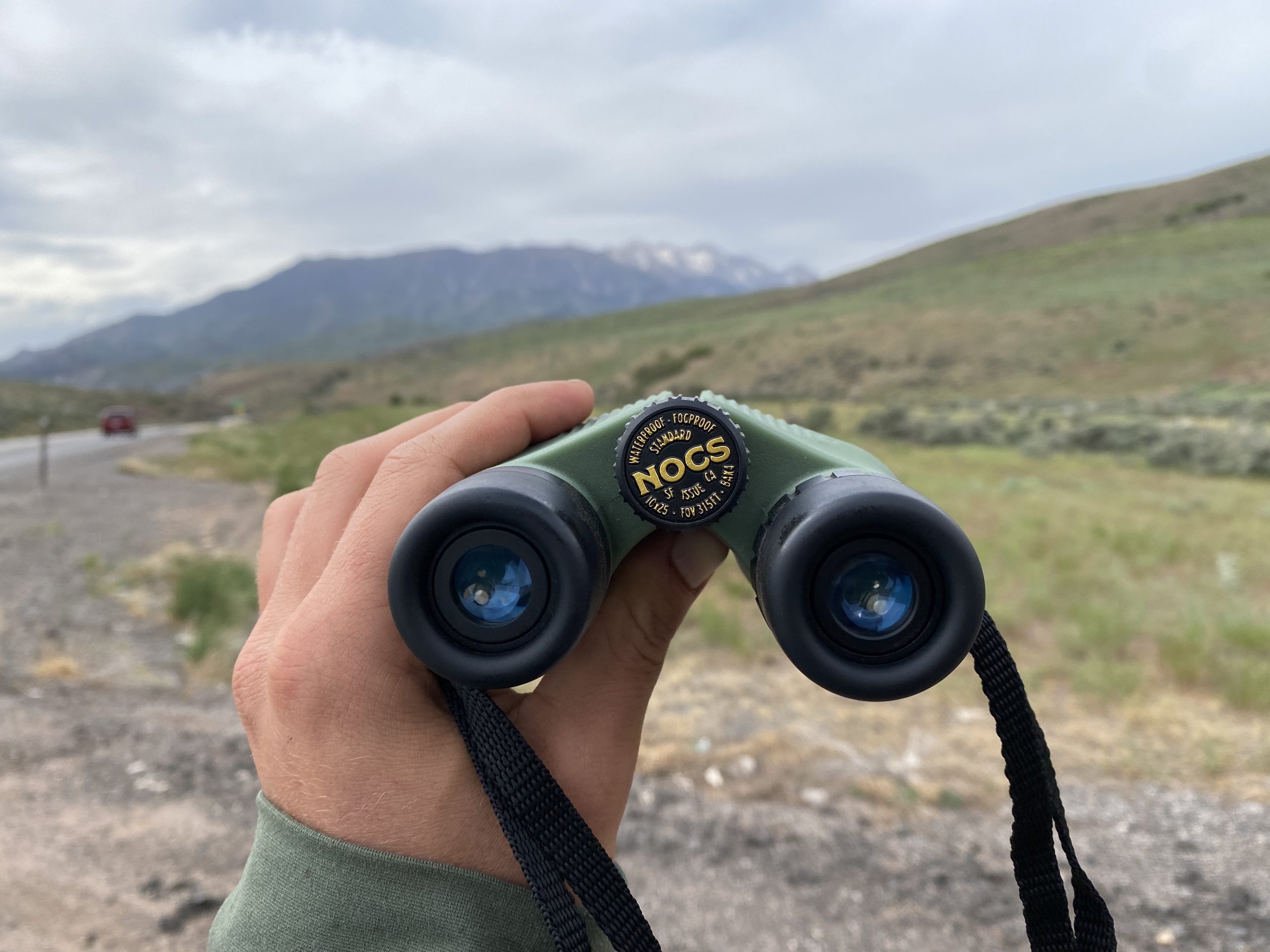
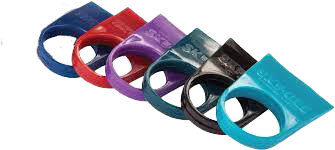

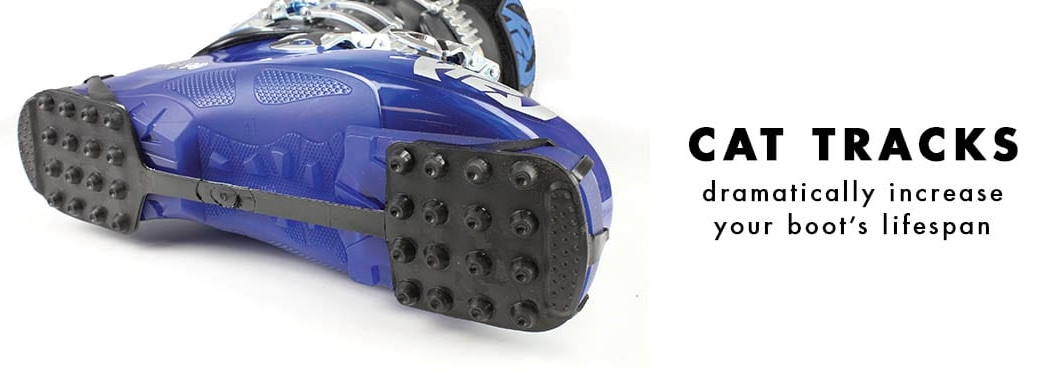
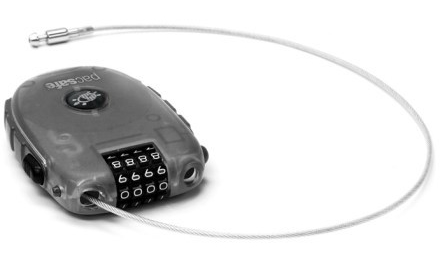
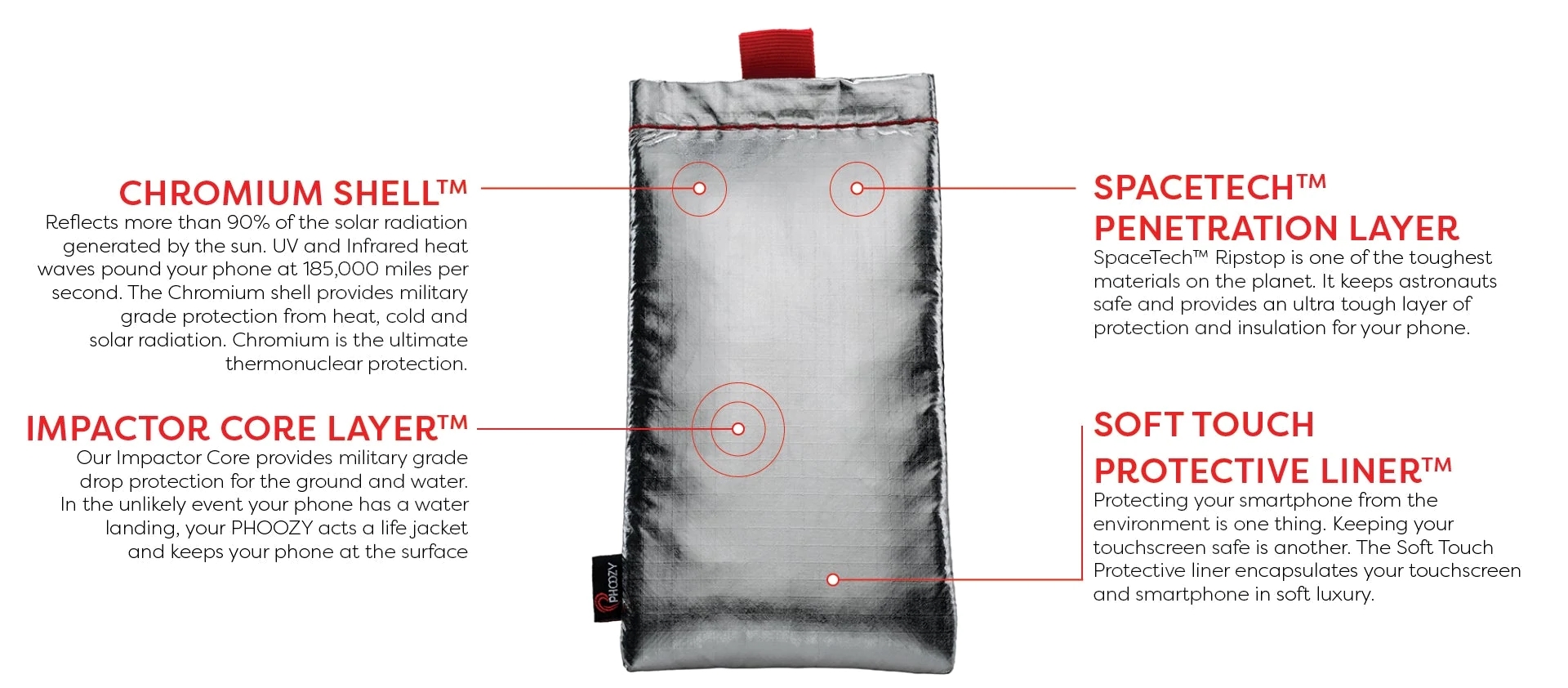

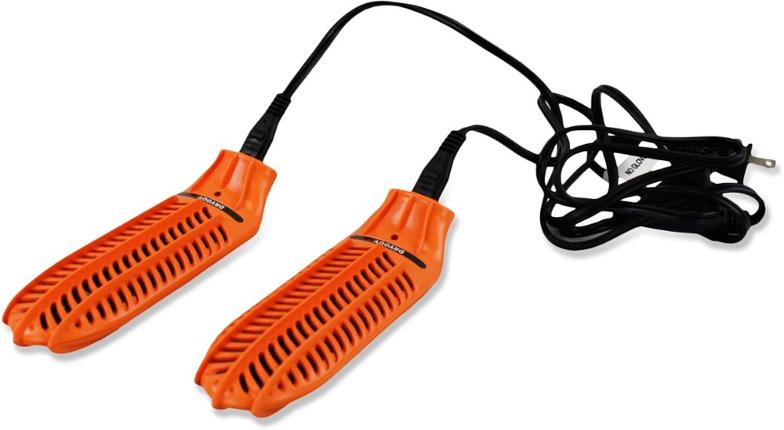
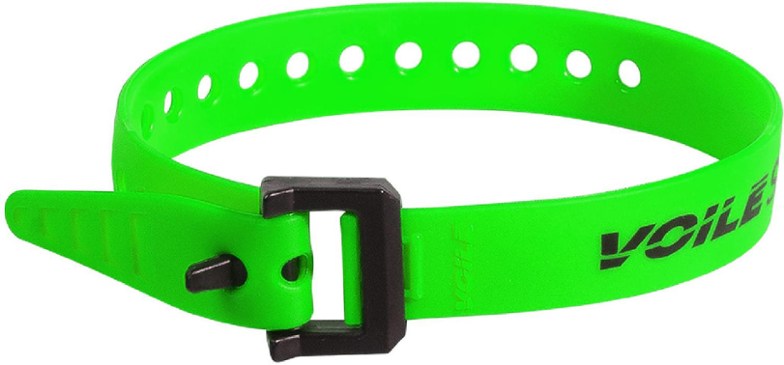














 Fever blow out Sky in season opener | WNBA on ESPN
Fever blow out Sky in season opener | WNBA on ESPN






















